
Your car and mortgage payments are going up!
Your mortgage payments, car payments, credit card payments, and any other loan payment you have right now are going up! If they haven’t hit you already.
All the banks and financial institutions are raising interest rates right now. So if you have a flexible interest rate on your loan, best believe it’s going up!
Central Banks have been raising interest rates higher and higher since the start of the pandemic and we’re really starting to feel the impact on our pockets.
So, let’s start with the basics. When you borrow money from financial institutions they’re gonna ask you to pay interest. Interest is an additional amount of money on top of the original amount that you borrowed.
The interest rate is what’s used to calculate the additional amount you’ll need to pay back. Interest rates vary based on many different factors, like your previous loan history, what you’re using the loan for, age etc, They also vary from institution to institution.
So, in October 2021, the Bank of Jamaica, which is Jamaica’s central bank, started increasing its policy interest rate.
Banks need money to run and from time to time, they’ll borrow from the BOJ to fund whatever they need. The policy interest rate is what the BOJ charges financial institutions that borrow from it and this sets the pace for the loan rates that banks charge customers.
The BOJ started increasing its base interest rates in October 2021, during the pandemic to try and starve inflation. Inflation is the rise in the cost of goods and services.
And you’ve probably heard that a lot over the past 2-3 years, “central banks rasing interest rates to curb inflation”. The idea is that higher interest rates lead to higher overall costs, so people start spending less.
If people are spending less, the demand for goods and services will drop, and so will inflation.
But while higher rates are good for inflation, it has the opposite effect on loans.
See, the banks will have to pass on the higher costs of borrowing from the BOJ to their customers. So, the more it costs them to borrow from the BOJ, the more they’ll charge YOU so they can afford to pay their bill.
And the banks in Jamaica did a good job of holding off on raising their rates for as long as they could. But the BOJ’s rate increased from 0.5% in October 2021, to 7% in November 2022. They’ve held it steady at 7% since then because inflation is going down but still, something had to give.
That’s probably why you’ve gotten one or more emails from your institution warning that your interest rate is about to go up or it already has.
But how tight a squeeze will an interest rate increase put on your wallet? I know many of you are interested in buying a home or have already bought one so, let’s use mortgages as an example.
Let’s say you go to NCB and tell them that you’re interested in buying a two bedroom, one bathroom home in Phoneix Park Village in Portmore. That’s gonna run you about $14.5 million.
NCB agrees to give you all of the money at an 8.75% interest rate for 30 years. Your monthly payment would be about $143,000 dollars.
Ask The Analysts
The Cast David Rose Business Writer, Observer Leovaughni Dillion Investment Research & Sovereign Risk Analyst at JMMB Group
R.A. Williams to list on JSE
The Cast Audley Reid CEO R.A. Williams Distributors Julian Morrison Founder, Wealth Watch JA


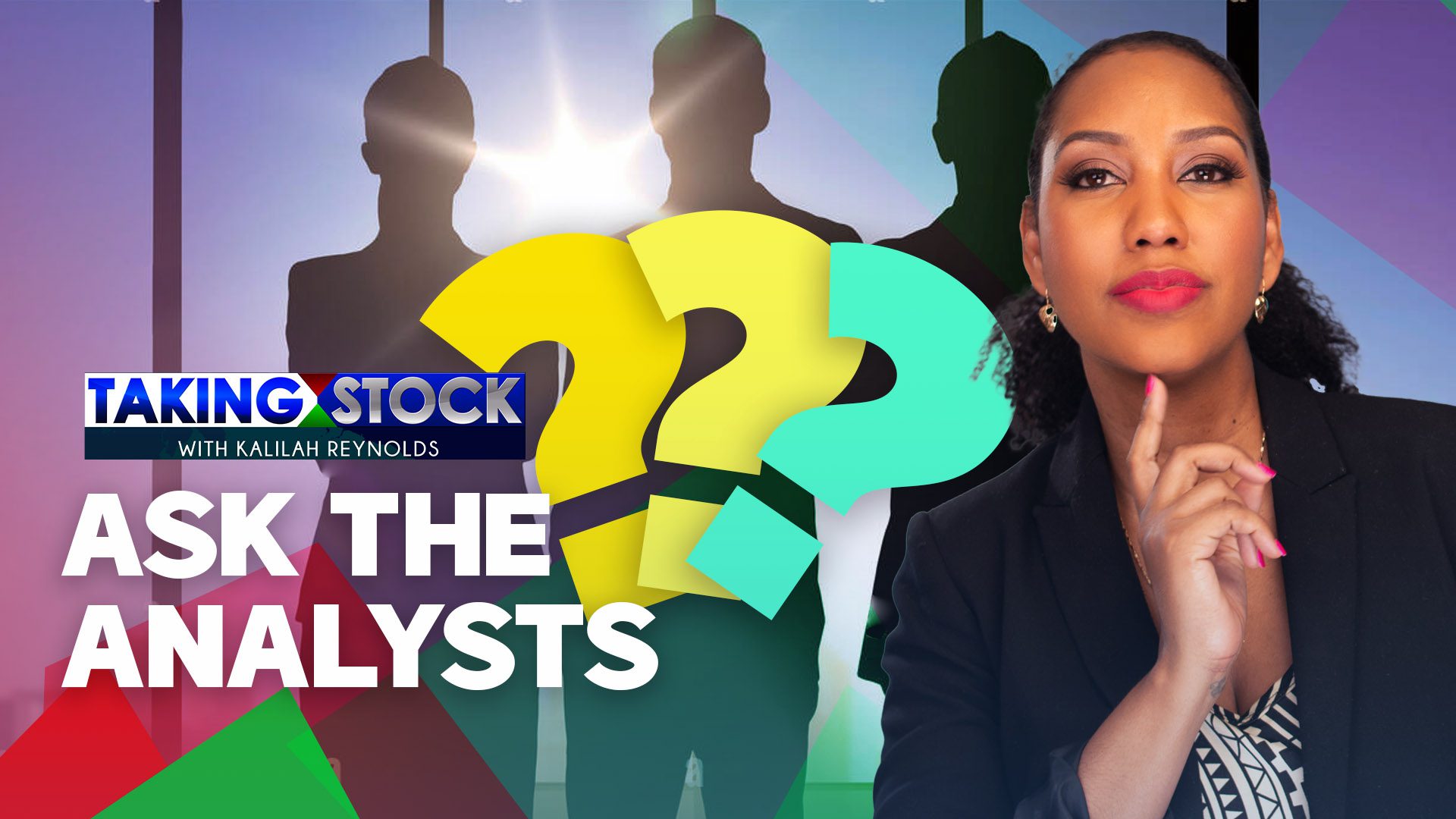
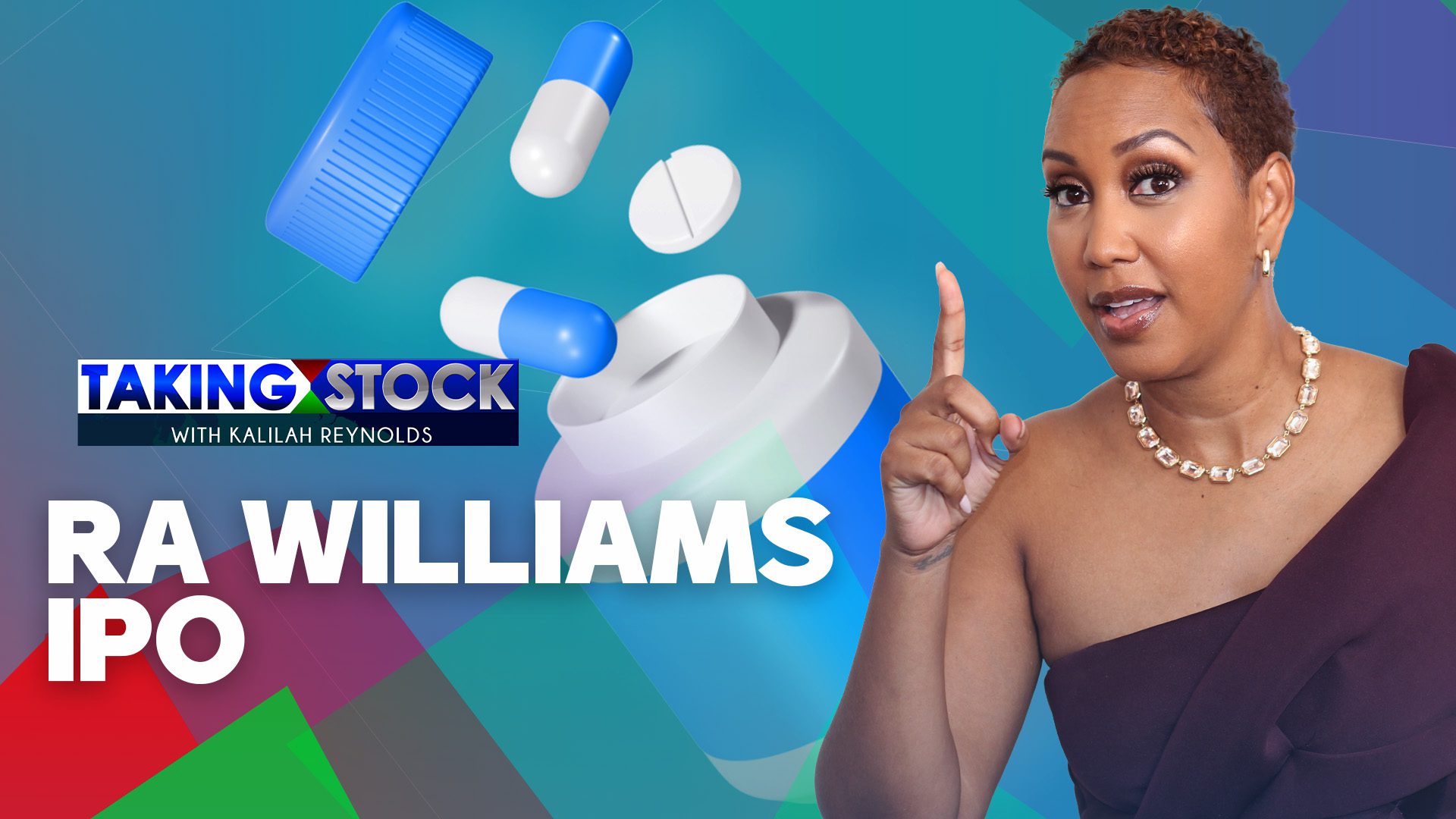
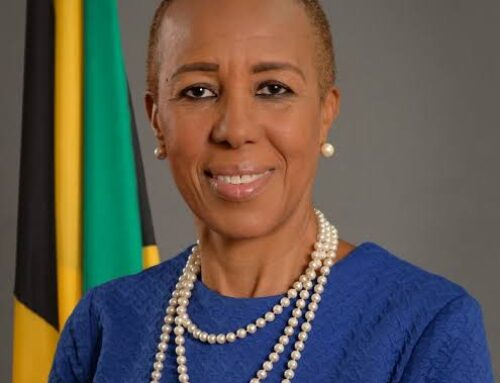
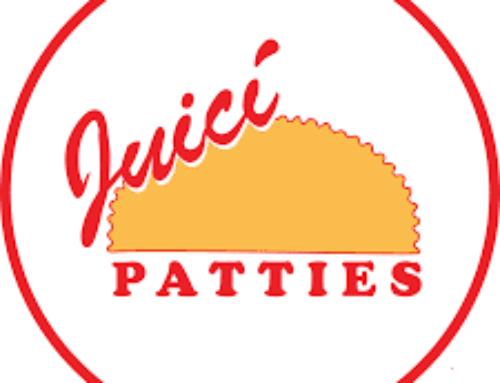


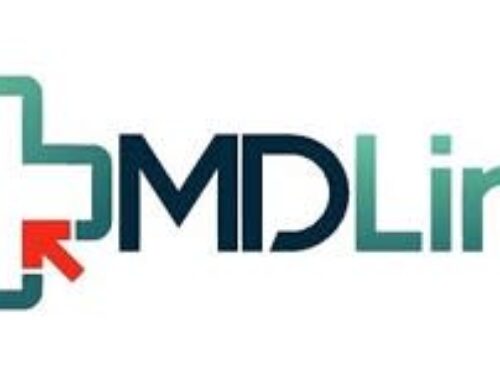
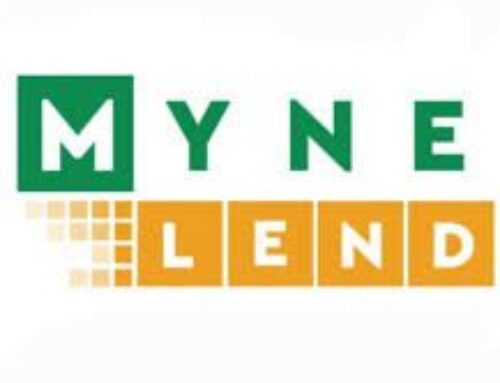
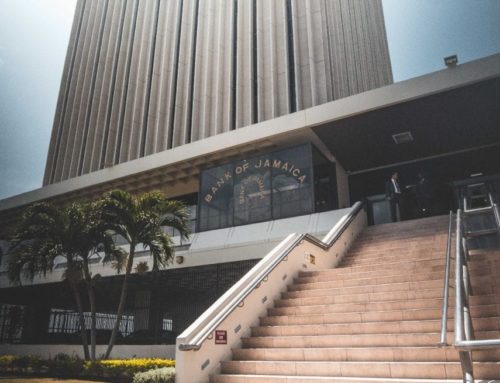
Leave A Comment